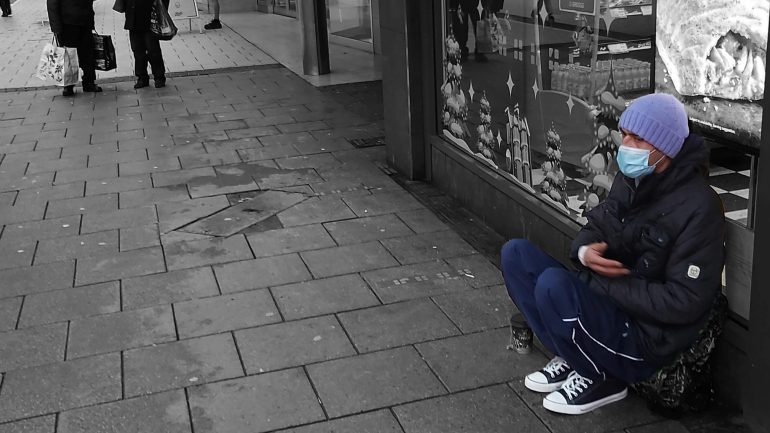Minister for Climate Change Julie James announced the plans in The Senedd today.
Additional Reporting by Eliot Raman Jones.
LANDLORDS have “cautiously” welcomed the government’s homeless action plan, but have called for more detail on how the new private leasing scheme will be enacted.
The new scheme will encouraged private property owners to lease properties to local authorities, who will then use them as affordable housing for people who are either homeless or at risk of homelessness.
Landlords will be provided with a rent guarantee in return for the ‘long-term’ leases, as well as additional funding to improve the conditions of their properties.
Announcing the plans in the Senedd today, Minister for Climate Change Julie James told property owners they will need show “urgency” in the fight to end homelessness in Wales.
Chris Norris, Policy Director for the National Residential Landlords Association, said: “We cautiously welcome the announcement of funding for greater use of private rented property to help end homelessness in Wales.
“The NRLA is yet to see much of the detail of how the action plan will be enacted, however we are pleased this initiative recognises the positive role played by private landlords in providing good quality homes for those in the greatest need.”
Despite the progress made during the pandemic on combatting homelessness in Wales, the issue remains prominent, with 6,900 adults and children currently living in temporary accommodation in Wales.
Cardiff has especially struggled with the issue. Last year, 2,226 households in the city were classified as legally homeless, the highest number in the country.
“I expect landlords, housing development teams and planners to show urgency in how we end homelessness in Wales,” said Minister for Climate Change Julie James.
“The Welsh Government Private Rented Sector leasing scheme will strengthen links between local authorities and private sector landlords and provide pathways for homeless households into housing.”
Shadow Minister for Climate Change Jennifer Finch-Saunders attacked the government’s handling of the issue, claiming that the “deepening homelessness crisis in Wales is devastating and isolating for far too many in our society.”
“We know that approximately 67,000 people in Wales languish on social housing waiting lists for 18 months. Meanwhile, adequate housing has been increasingly replaced by temporary stays, placing vulnerable residents in hotel rooms.
“The situation is wholly unsuitable for people made homeless and unsustainable for the public purse.”
However, Ms. Finch-Saunders also criticised the private sector leasing scheme. She claimed that a Freedom of Information request submitted by her office had found that Cardiff Council had rented out only two houses under a pilot version of the scheme, whilst Newport City Council has rented just one.
Welsh homelessness charities, however, have praised the government’s action plan.
Shelter Cymru said: “We welcome this action plan from the Welsh Government based on the recommendations from the Homelessness Action Group.
“It is ambitious and points the way towards a future where homelessness in Wales is a thing of the past.”
Ms. James admitted that the scale of the transformation required to achieve the Welsh Government’s stated aim of making homelessness “rare, brief and un-repeated,” was formidable, but insisted that the Action Plan was a vital step forward.
“We’ve seen what we can achieve when we work together by making sure no-one was left on the streets during the pandemic.
“We now need to step forward and work to ensure everyone in Wales has a place to call home.”



